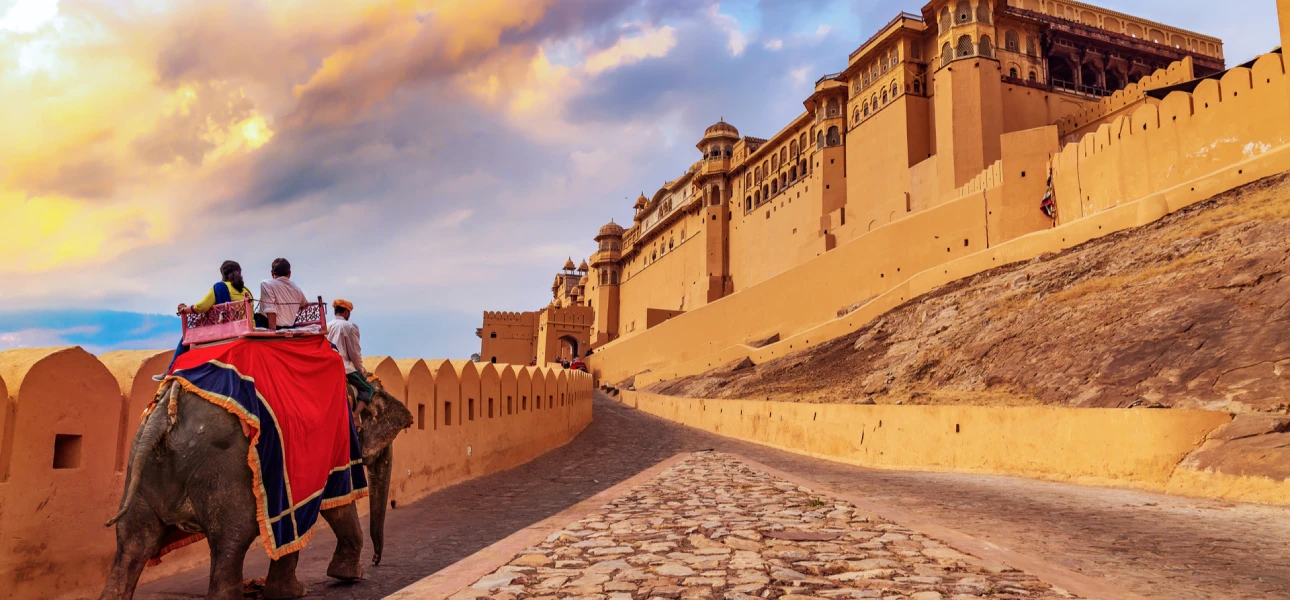Overview
India, a land steeped in history and culture, boasts a rich and diverse archive of artefacts, documents, and records that date back centuries. The India, scattered across the country, houses a treasure trove of valuable materials that offer insights into the country's past. From ancient manuscripts and royal decrees to colonial-era documents and independence movement memorabilia, these archives serve as repositories of India's collective memory. The National Archives of India in New Delhi, established in 1891, stands as the custodian of the nation's archival heritage, safeguarding over 25 million invaluable records. Other notable archives include the State Archives in various states, preserving regional history and administrative records, and specialized archives like the Nehru Memorial Museum and Library in Delhi, dedicated to the life and times of Jawaharlal Nehru, India's first Prime Minister. Researchers, historians, and scholars flock to these archives to delve into India's past, uncovering untold stories, unravelling historical mysteries, and piecing together the intricate tapestry of India's diverse cultural heritage. The India Archives not only provide a window into the past but also play a crucial role in shaping the country's present and future by preserving its history for generations to come.








